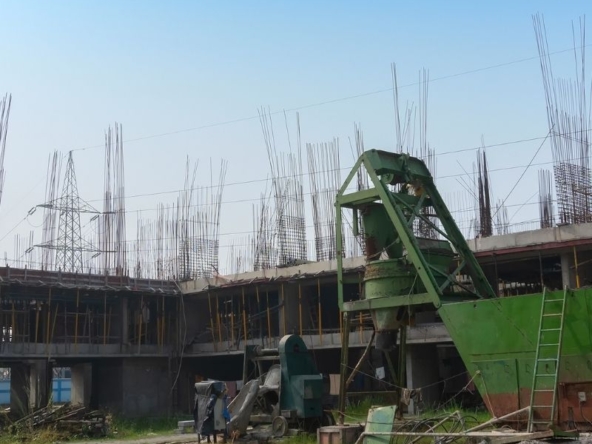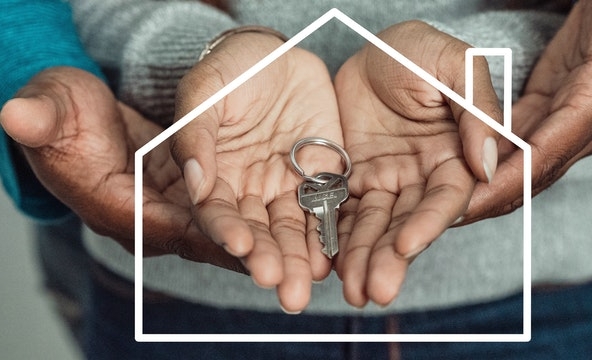Introduction:
In the middle of the pandemic, the rising cases of COVID-19 are determinedly affecting every sector of society. The second wave of the coronavirus has more fatal effects on the economy. Even though the central government and state governments are trying to decelerate and contain the spread, the partial lockdown in many states has developed consequences for people’s survival.
First Wave
Just as the first wave of COVID-19, the second wave has started to reduce employment and increase salary cut-offs. According to the Centre for Monitoring Indian Economy (CMIE), approximately 75 lac people lost their jobs by April 2021. Employees living in rented homes may not be able to pay rent.
As in the first wave of the pandemic, the landlords were given orders by state governments not to force the tenants if they miss paying rents for a month amid the pandemic crisis. The Union Ministry made the statement of Home Affairs in March 2020. Suppose a landlord is forcing the tenants, especially migrant workers or students, to rent or evict the rental property. In that case, the landlord will be liable to face action against the Disaster Management Act, 2005.
Second Wave
In the second wave of the pandemic, no such rules or directives are given to landlords by the state or central government. If governments do not issue guidelines for the subject shortly, the tenants would have to deal with the eviction of the premises or pay the monthly charges. According to the Draft Model Tenancy Law of India, A landlord can ask the tenant to move out if the tenant fails to pay the monthly property charges straight for two months. It is also allowed for the landlord to keep a part of the deposited money as an alternative to the payable due.
If the government announces relief from the monthly payment of rents, the landlords would have no legal choice of evicting the tenants. In any decision of the matter, there can be consequences on either side. The relief from rents to tenants may cause many landlords to go without receiving the monthly payments in Mumbai. In Mumbai, more than 25 lakh people have accommodated themselves in rented homes. Many among those are middle-class workers and students. If the landlord vacates their premises due to unpaid rents, it would seem inhumane to them. After facing eviction in the first wave of the pandemic, these workers and students are in the city again after facing eviction.
However, The states do not have any disclosure about the matter yet. The landlords are receiving the payments, and tenants are asking to pause rents for a period. If the guidelines are issued for rental waiving, the tenants are legally allowed to stay at the properties. There are landlords with properties older than 50 years. For some of the landlords, the properties are the sources of their primary income. Considering their monthly expenses are dependent on the monthly charges from the tenants, The Landlords would have to face the consequences of the economic crisis.
Read: Tips For Renting Out An Apartment In Mumbai
Either way, The pandemic crisis would affect a large part of society. Talking about the RBI’s Loan Moratorium. The Reserve Bank of India extended a three months moratorium period for the people in the economic crisis. The moratorium period was later extended to a total of 6 months. People living in a rental house as their owned properties are under construction with RBI’s financed loans also availed the EMI holiday by the RBI. The tragic second wave of the pandemic appears to be declining presently. Whereas the fluctuations are unpredictable, individuals and society’s social and economic struggle seems to be a part of the crisis.
Conclusion:
To wind up covid had affected the landlords and tenants both pretty badly but we can see a fall in covid cases which being good news for everyone the Rental Market would be back in speed in the next couple of months. Also, We at The New Door help our clients with the best apartments at the best locations at the best price for rental and purchase.




